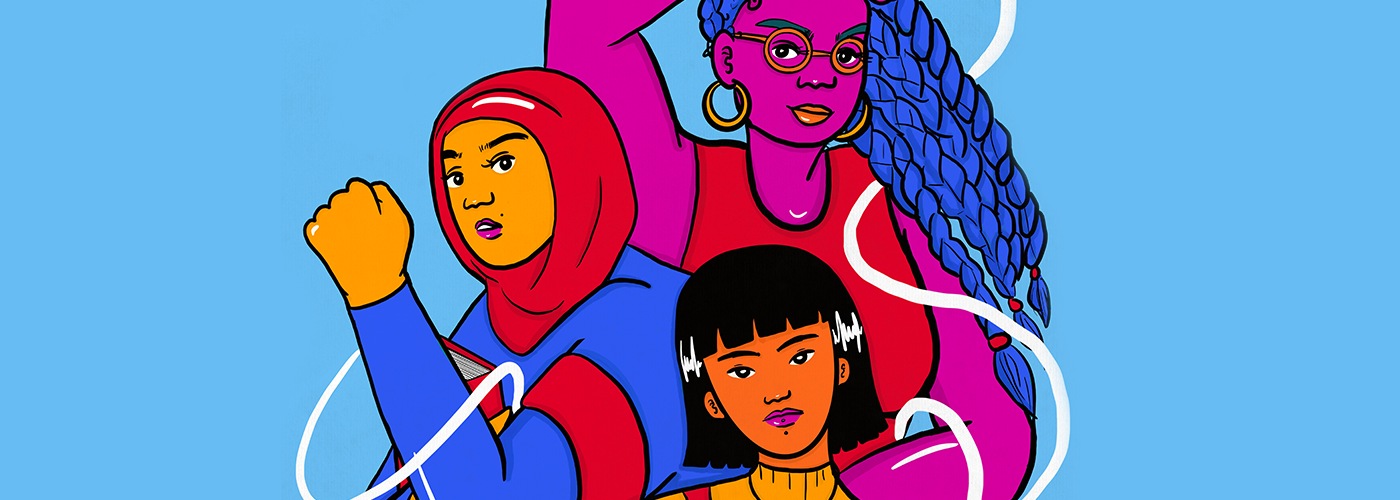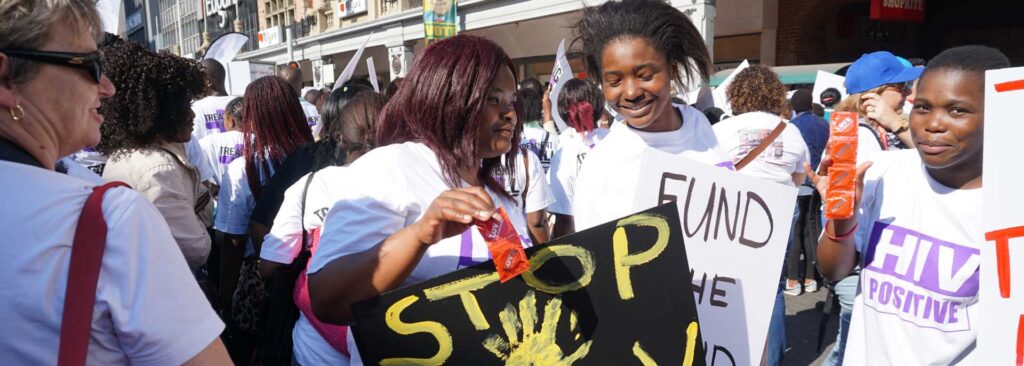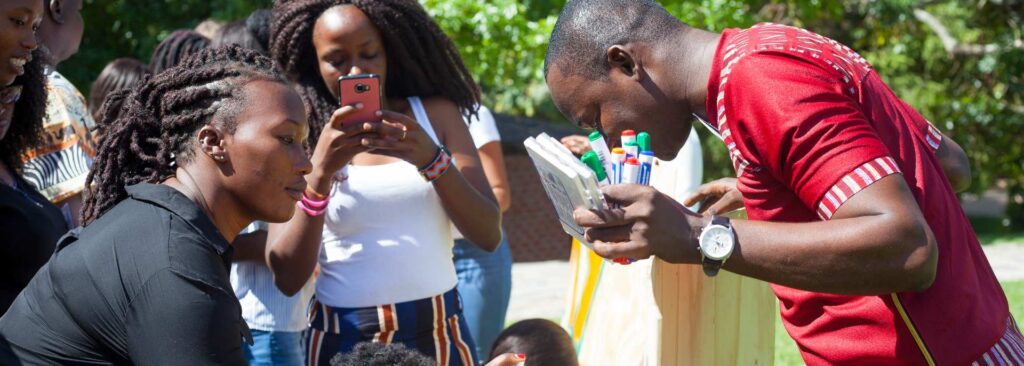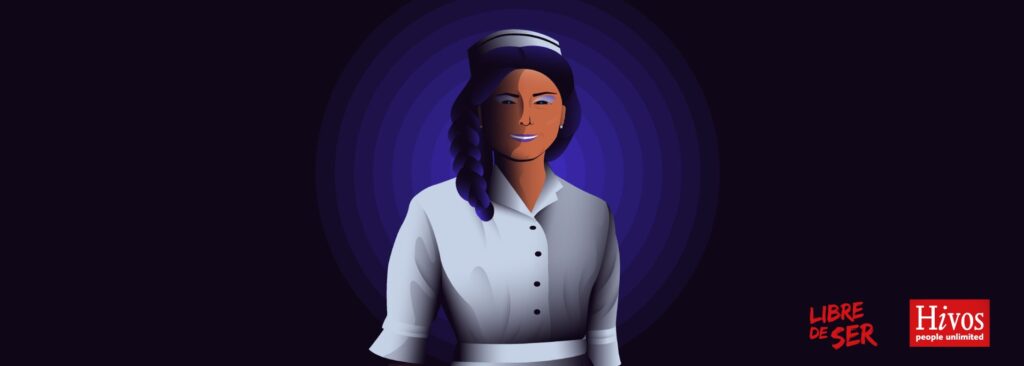Here we are. Another year, another International Women’s Day. You would think that by now organizations as focused as we are on women’s rights, women’s empowerment, and sexual rights and diversity, wouldn’t have that much to add to what has already been said and done. But our work for women “is never done.”
It’s taken a while, but we’re now moving past the time when the struggle for women’s rights was mainly about redressing women’s unequal position to men. Yet women are not a monolithic group who all experience (in)equality the same way. So it’s time we focus more on the diverse faces and identities of different groups of women; it’s time for all these women to be seen and heard.
Recognizing diversity
A woman’s specific situation and how she identifies herself affect how she experiences the world. For example, women and girls with disabilities are three times more likely to experience gender-based violence than women without disabilities. Lesbian, bisexual and trans (LBT) women are more often discriminated against by health care providers. And in Sub-Saharan Africa, three out of four new HIV infections are among young people (15 to 24 years old), girls and women.
Then there are women who find themselves in several of these situations and face even greater challenges. For example, if you are a displaced lesbian, bisexual or transgender woman, finding help is even more difficult. A displaced trans woman in Lebanon told us, “The doctors I saw didn’t care about my health, let alone my sexual health. One doctor even refused to touch me.”
What the women say
Last year we spoke with 100 young women from countries in Latin America, Africa and the Middle East. We talked to them about their lives, the challenges they face, and the concerns they have about their rights and sexual health. They are all women from groups that are hardly ever seen or heard from.
A young migrant in Guatemala wanted doctors to understand her better. “When you’re young, you’re ashamed to talk about your sexual health,” she explained, adding that she and others like her are also criticized. “Doctors say ‘You are much too young to talk about this, why don’t you study?’ and they treat us exactly like our families at home: we are excluded even though we need care.”
A woman with a disability from Lebanon said, “We are looked down on because people think we can’t have children or get married. That’s what counts. Men with a disability don’t have to deal with the same stigma.” We asked another young Lebanese woman, also living with a disability, about her sexual and reproductive health and rights (SRH-R). “We are never mentioned in anything, our rights are nothing, even though we should have them,” she told us.
We Lead – a new focus
The stories of these women show how important it is that we listen to them. They themselves know better than anyone what they need. The right to self-determination is not just for groups and peoples. It also means the right of individuals to make their own choices and decisions about their bodies and their lives.
Hivos advocates precisely for those groups of women who are most disadvantaged by unequal treatment. Our new program We Lead aims to strengthen the influence and position of young women (15 to 30 years old) whose sexual and reproductive health and rights (SRH-R) are neglected the most. It supports young women and adolescent girls who: live with HIV; identify as lesbian, bisexual, trans, or intersex (LBTI); live with a disability; and/or are affected by displacement. For them, it is particularly difficult to claim their sexual and reproductive rights, and their voices simply go unheard.




